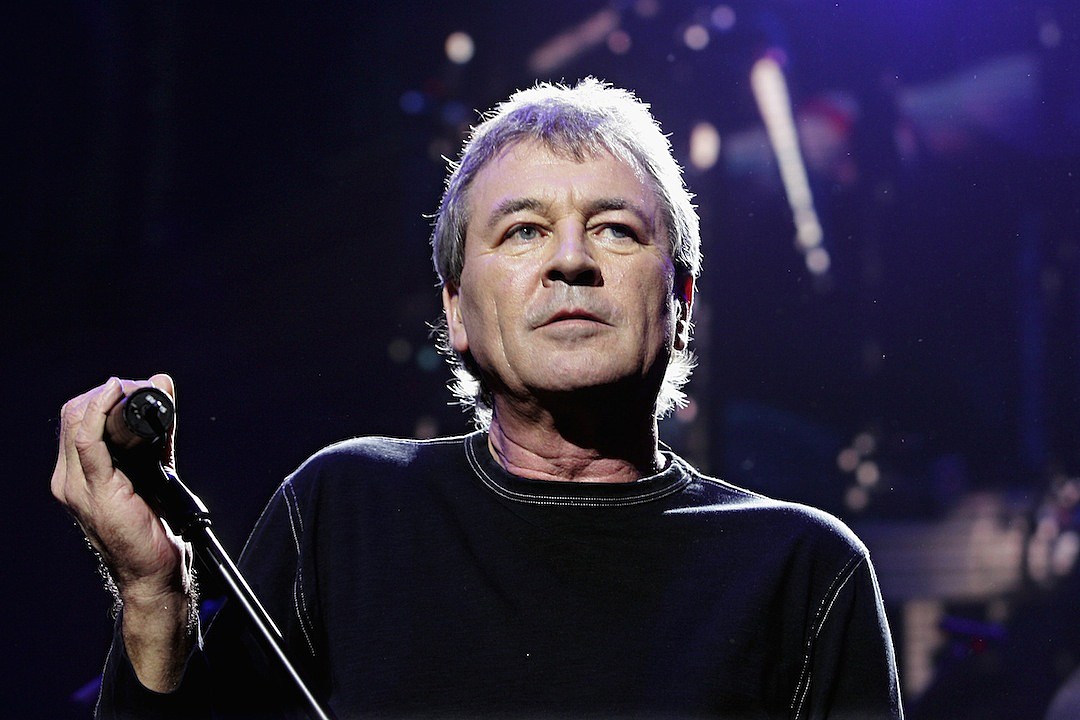
Header image credit: Graham Young/Deep Purple PR
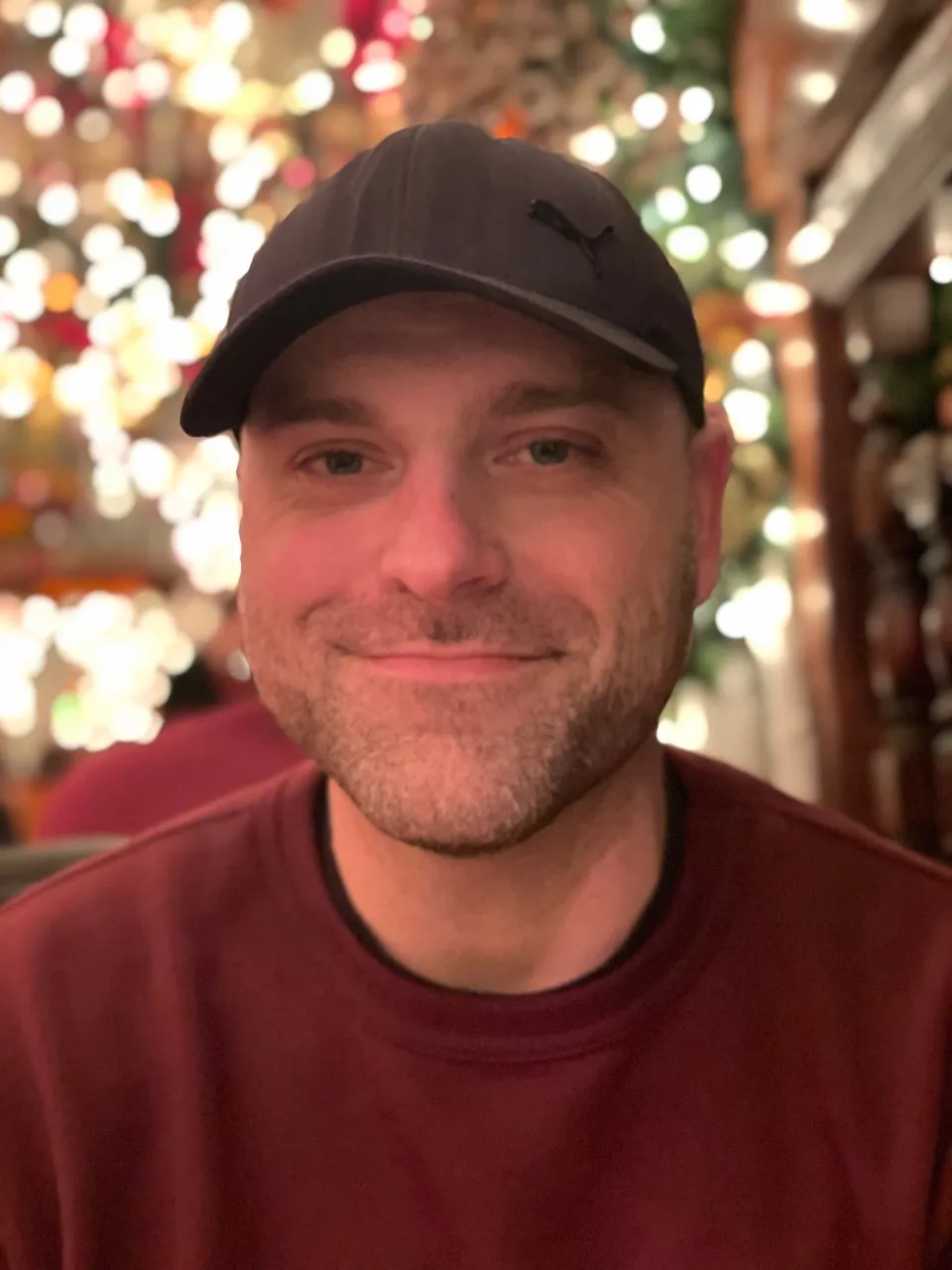
By Andrew Daly
[email protected]
After spending the better part of the last fifty years traveling the world, frontman Ian Gillan has settled in as an elder statesman of rock and is comfortable in his own skin.
Gillan’s mood these days is one of gratitude, and enthusiasm, which sees Deep Purple’s proverbial voicebox glowing with voracious energy. And why shouldn’t he be? With Deep Purple on a creative run that otherwise would be deemed as unparalleled, if not for the band’s early 70s heyday.
Since 2013, under the guidance of super-producer Bob Ezrin, the transcendent members of metal’s “Unholy Trinity” have unleashed four outstanding albums in Now What?! (2013), Infinite (2017), Whoosh! (2020), and Turning to Crime (2021), effectively nullifying the idea that “rock is dead.”
From the road in France, Gillan joined me via phone for a chat, where among other things, we hit on Deep Purple’s ongoing European tour, Simon McBride temporarily entering the fold on guitar, how Deep Purple builds a set list, working with Bob Ezrin, Ian’s approach to songwriting, and we answer the ever-lingering question: “Is rock dead?”
Andrew:
Ian, thank’s for carving out some time with me. What has the tour response been like thus far, and how has it been integrating Simon McBride in on guitar?
Ian:
Oh, yeah. Fantastic. Absolutely great. Everyone’s full of energy. And when the band is cranking as we are, and the audience is giving you help, it’s just wonderful stuff. And with Simon, it’s just human chemistry. I mean, he’s a professional. He’s a great player. It didn’t take him five minutes to mesh in with us. It was completely natural, and he slotted right in with no problem at all. We didn’t even have to think about it.
Andrew:
Does he bring anything style-wise that’s different than what you’re used to with Steve Morse?
Ian:
Well, he’s not English. He’s Northern Irish, so he’s got that attitude, and that’s different. For that reason, he’s probably more compatible with the stuff that we used to play in the old days. But at the same time, he’s handling the new material like it’s nothing at all. I mean, he’s handling this thing just absolutely brilliantly, and the audiences love it.
Andrew:
How have you gone about integrating your new music into the setlist alongside the old tracks?
Ian:
Well, that’s been one of the notable things with some of the newer records, we’ve had difficulty over the years integrating them into the live show. But with the stuff that we’ve done since we’ve worked with Bob Ezrin, those albums have been very compatible with the old stuff, so we slipped it in easily. There are two or three in the set right at the moment, and we’ve got my favorite song that I’ve ever recorded or written in my entire life in there as well. It’s a track from Whoosh!, which is called “Nothing at All.” We’ve been putting that in the set, and it is going down a storm. We’ve also got “No Need to Shout,” which also has a kind of classic feeling, hard rock riff, and that’s working very well too. It’s nice, and I feel it’s a very well-balanced show at the moment.
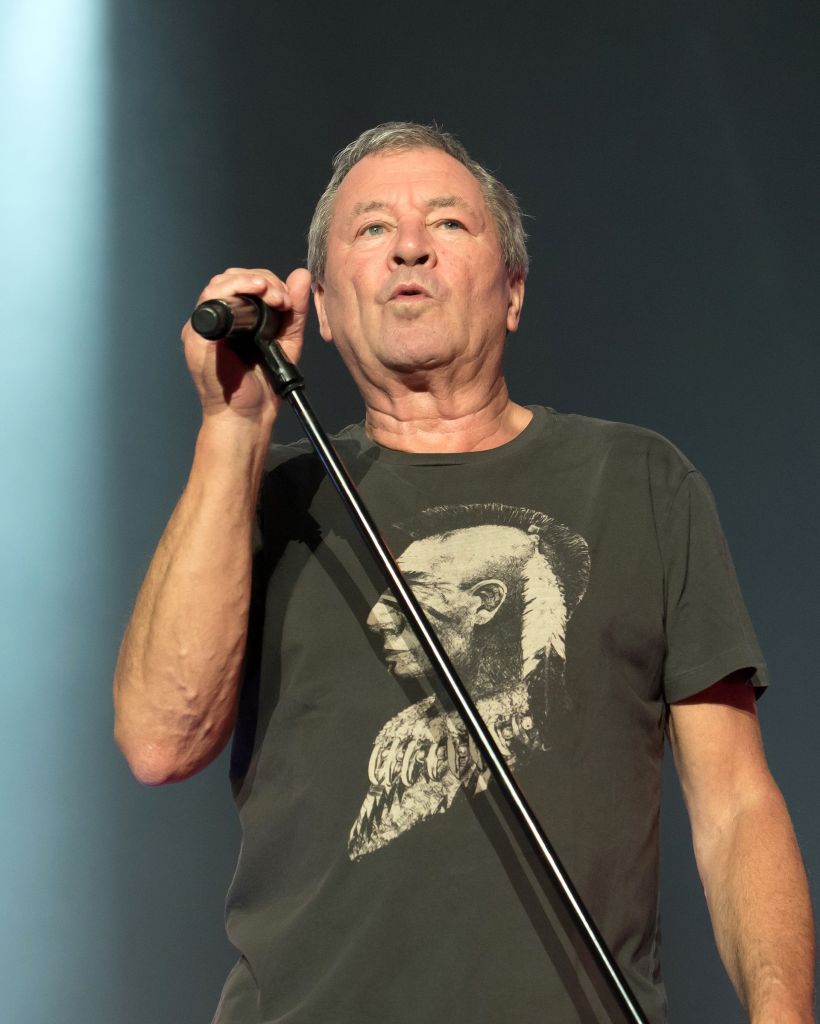
Andrew:
What was it about “Nothing at All” that makes it your favorite track that you’ve ever recorded?
Ian:
Just about everything, really. You know, emotionally, technically, lyrically, musically, it’s got everything. Most songs have got most of these things if they make it onto a record, and we’ve got to be at least fairly happy with them. But it’s like a concert, and really, only one in twenty shows is absolutely perfect from every point of view, to be honest. I mean, they’re all good, but some nights you get the acoustics right, the audience right, the vibe is right, and maybe it’s just the right day of the week. [Laughs]. It’s all of these little tiny things, like the monitoring is right and everyone being healthy. But as far as “Nothing at All” is concerned, it’s very emotional for me lyrically. I think it tells a story in a way that I like to tell it. It’s mostly lyrical, but when I heard that lick, first of all, before the song was written, it just did things to my heartstrings and I said, “I want to sing that song.” For us, it’s a different rhythm. It’s a different tempo from anything else that we do. It’s just got everything, and in my book, it’s the ultimate Deep Purple song.
Andrew:
There’s a quote out there that more or less states that “rock is dead.” With Deep Purple being as active as ever, what would you say to that statement?
Ian:
Well, I don’t think it’s entirely correct, but if you want to generalize, then you’re probably right. But specifically, we’ve never thought of it that way. I mean, we’ve been on the road since we were kids. We’ve been writing songs since we were kids. That’s just what we do. We could write a song every five minutes debating about different subjects, or whatever is going on in your life. That’s what we talk about. That’s how we interact. We don’t walk around in cut-off denim and ponytails, it’s not like that in real life. Real-life is vibrant and interactive, and it’s about human chemistry. So, if you’ve got a band that can get off on that kind of thing, then why wouldn’t you use it? I mean, it’s so exciting, so how could you not? And then all of a sudden, later in your life you bump into somebody like Bob Ezrin, and you make your dreams come true in terms of sound.
In terms of the way our albums sound, I’ve always thought since the early days that we kind of got away with it when we were kids because of enthusiasm and histrionics. But looking back on it, I was always a bit disappointed with the sound of our records because I felt that the production values weren’t very high. So, to bump into Bob, who has such a great grasp on little things like arrangements, it’s been amazing. Bob keys in on the minor details that are so important for making things that could otherwise drag on a little bit. He tightens them up and hones in on the most important sounds, and he makes them better. Bob is just ideal for us, and to come across that sort of thing now, well, why wouldn’t we keep on writing, and writing, and writing? With the way we’re going and writing these days, we could do an album a month. [Laughs].
Andrew:
How did Deep Purple ultimately come to work with Bob?
Ian:
It was a business connection we had. It wasn’t anyone in the band, and it wasn’t Bob himself. It was something behind the scenes, somebody said to Bob, “Do you want to do a Deep Purple album?” …. “Boy, yeah I do,” and so it happened. We met up with Bob, and we had a brief meeting in Toronto before anything was agreed upon. From the get-go, we got on like a house on fire, and we realized we had exactly the same ideals. He told us what he would do, and how he would operate. From my point of view, I was basically thinking, “My God, we’ve been waiting for this for years, and years and years. So let’s go with it.” To date, Bob hasn’t disappointed. The guy is a genius in my book.
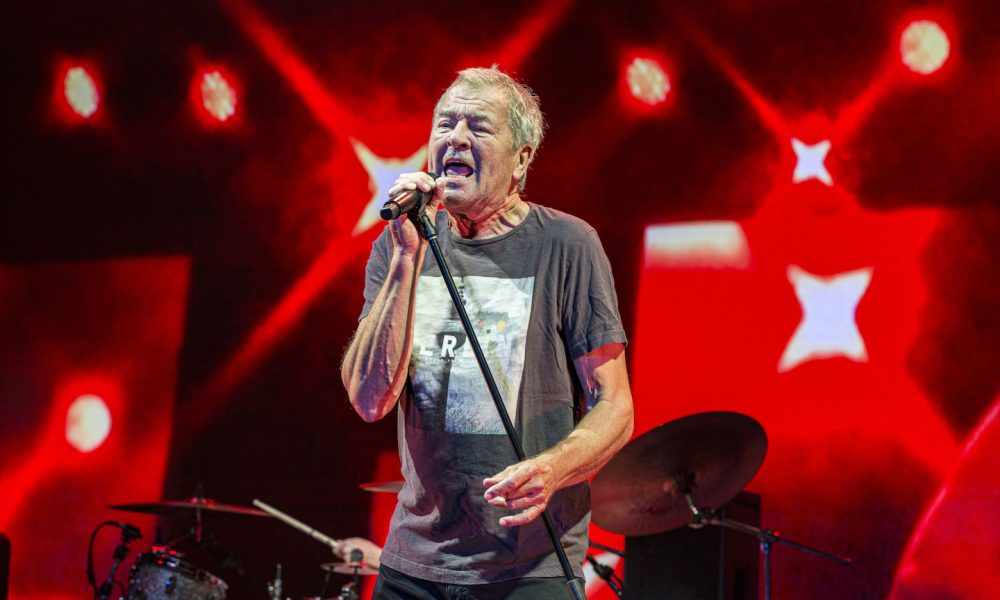
Andrew:
In what tangible way has Bob Ezrin most affected Deep Purple’s sound?
Ian:
It starts with the simple things, really. Deep Purple has never really had a leader. It’s more we sit down, we chew the fat, and we say, “Let’s do this. Let’s do that.” I guess, in a way, we drift along in that sense. So when we’re working in a studio, for example, on a new song, or a new arrangement, we tend to let things go on a little bit too long, and somebody says, “Oh, let’s take it in this direction.” … “Okay, let’s try it that way.” We end up playing around and dicking around with things for hours, and hours, and hours, and so the theme perhaps becomes somewhat diluted or stunted. With Bob, he makes it a bit easy, he will just say, “I’m not liking it, boys. I’m not liking it.” He stops us from dicking around, and he’ll say something like, “Okay, we should just go back to the original idea. Let’s just go with that, cut it short, move on to the bridge, and then we’ll take it from there.” We do that, and all of a sudden, you realize that we’ve been waffling, which just to keep somebody happy out of respect, or whatever. So, we needed a leader in that sense, and in terms of arrangements too. That’s the first thing.
Secondly, a big difference is encouragement. Bob is a consummate musician. I mean, everything from classical music, to jazz, and everything else. He has been there and done it all. He can play it all, and he understands it to boot. There’s mutual respect between artists who are also good musicians, and there’s an understanding. In the studio, or when we’re writing, if somebody’s lost for an idea, Bob will pull something out of the cupboard and say, “What if we did that?” He’s well researched. He knows all about us. With that, he will say, “You didn’t have the right sense there. That wasn’t a great sound or your best technique. Can you try that again?” And, of course, you try it again, and it comes out differently. It’s little things like that. I could go on, you know, he’s got a great sense of humor, we’ve got the same interests, and we can have long, creative conversations. I think what it comes down to is that he’s just an all-around good influence. He’s kind of like a secret member of the band, really.
Andrew:
The current lineup of the band is one of the most consistent and creative intonations in Deep Purple’s long history. What is it about this group of players that’s kept things so solid?
Ian:
Well, I hate to say it, but it’s the band’s foundation. It’s in the ethos of the band. Now, I don’t listen to a lot of the young bands, but I’ve had a lot of conversations with young musicians who say they were influenced by Black Sabbath, Zeppelin, Deep Purple, and the like. To that, I always say, “Well, what else? What other influences do you have aside from that?” They always look at me, and say, “What do you mean, what else? Other influences? We’re a hard rock band, so we’re influenced by hard rock.” And I tell them that we were influenced by Chopin, Beethoven, Howlin’ Wolf, Aretha Franklin, Billie Holiday, Lonnie Donegan, folk music, big band, swing, and Buddy Rich. I say that and watch their faces shift, and they go, “Well, what’s that got to do with hard rock?” … “Well, that’s the roots of Deep Purple, which is why we can sway in the wind as we do.”
See, it’s the influences that each individual member brought into the original band that gave Deep Purple its variety. You know, we cover everything from big band, to swing music, to rock music, and there’s a lot of humor in our music along with light-hearted touches. There’s a lot of texture and dynamics, which are essential to our music. That’s important, and it’s why we get so much joy from what we’re playing. When you’ve got a diet with as much variety as that, you don’t get fed up with it it. There’s always something unique to keep you interested.
To answer your question, to this day, I think that’s the driving force behind this band. It’s to always bring something fresh every day, and we do that. This band can jam for six hours when we’re writing an album. We just go in at noon like we’re going into the office, and we have at it. But if you were a fly on the wall, you’d think wow, “These guys are just going round, and round, up and down, and all over the place.” When we jam, there are all kinds of things happening, but it works. It’s a lot of written notes, lots of mood music, some idiocracy, and just nonsense, but that’s how it evolves. And out of all of that will spring little ideas, and those ideas are the germs and seeds of future songs.
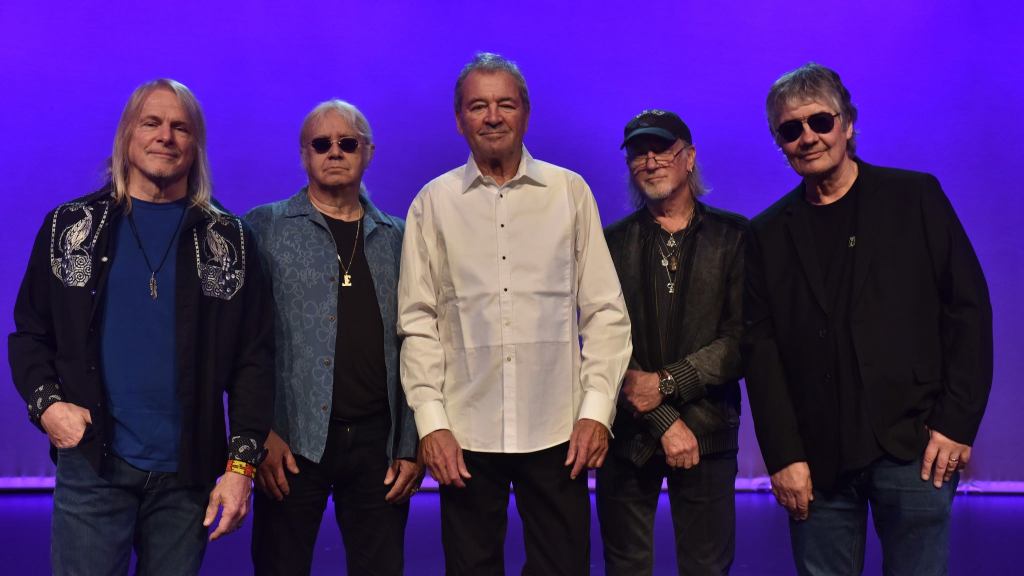
Andrew:
How has your songwriting approach evolved as the years have gone on?
Ian:
If you’re a writer, you write about the things that you search for. When you’re a kid, you write about yourself first and foremost. You start with your father’s music, then you get rid of it. You don’t want it because at that stage of your life you don’t think it’s good anymore. At that point, you want empty fields, so that your own stuff can shine, and because you don’t want it to be overshadowed by history. It’s only after a generation of progress that you start to recognize cinema, you start to recognize the early blues, you start to recognize classical music, and stuff like that, because it’s not a threat to you anymore. When that happens, that’s when your style evolves and your confidence grows. So, you go through the first years of your youth and move into early middle age where things become more philosophical. Love means something different to you now. War means something different. Culture means something different. It’s because now you’ve traveled the world, you’ve seen things differently, you’ve looked back at your own culture, and you see it generatively for the first time.
When I first traveled abroad, I was English, and that was it, that’s all I understood. I only saw that, and the rest of the world could go to hell. [Laughs]. But boy, the moment I got to Germany, things changed, and when I got to Japan, things changed again. I learned about culture, I learned about my own culture, and so my horizons spread. Once my horizons spread, songwriting became second nature. As you go along, you know more, and you’ve seen more, so you write about it, and you talk about it. I mean, now I’m writing songs all the time. Sometimes I write five songs a day. I might only use one or two phrases out of all that, and maybe some of them will get used at the end of the year when I get in the studio, and maybe not. But that’s what happens, you take color, you take pictures in your mind, you take compensations, you take attitudes, and you take culture. Now, I’m just talking from the lyrical point of view, because the rest will follow according to the people you’re working with. It’s all organic. It’s all about human chemistry. And I think that’s the driving force behind what we have now.
Andrew:
I wanted to quickly touch on Machine Head, which is fifty years old this year. When you look back, what does that album mean to you, Ian?
Ian:
Well, it was a milestone for sure because it took us two albums to get there. It took In Rock, and then Fireball to reach Machine Head. Machine Head is a slightly more refined version of those early earthier ones. One was very hard rock, and one was very funky. Or maybe, one was rock, and one was blues and soul if you want to be definitive. With Machine Head, it was meaningful, and it was a mile a milestone for Deep Purple. It’s a historical album, and we’re still doing “Highway Star,” we still do “Pictures of Home,” which are actually the two opening tracks in our live set right now. And of course, we still do “Smoke on the Water,” which always goes down a treat. Looking back, Machine Head was big deal for us and remains a very significant milestone for Deep Purple.
Andrew:
Last one. What’s next for Deep Purple? Do you have another album in your bones once you’re off the road?
Ian:
Ah, give us a break. [Laughs]. For now, we’re back on the road and we’re loving every minute of it. We’re working flat out on the road, and I don’t get home until Christmas. I’ve got a break in the summer with my family at my place in Portugal. Then, when the Deep Purple tour finishes, I’ve got an orchestral tour through Spain, which takes me up to Christmas. Deep Purple has got a writing session booked in March 2023, which I believe is to get started on thinking about our next record. So, there is a lot in store and more on the way.
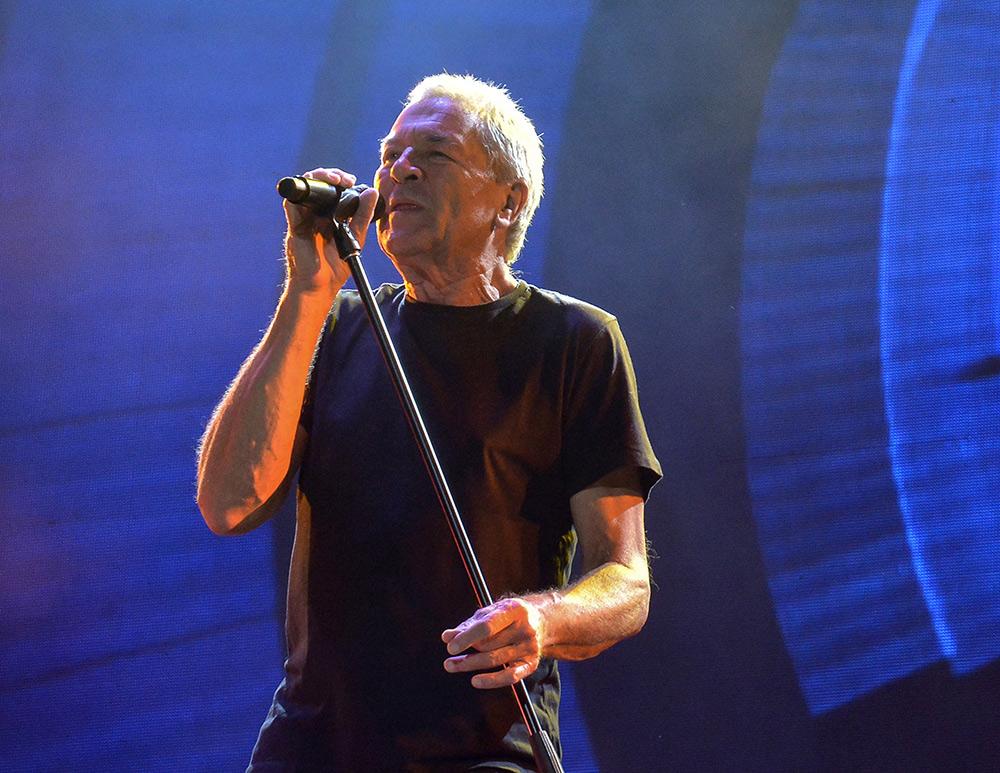
– Andrew Daly (@vwmusicrocks) is the Editor-in-Chief for www.vwmusicrocks.com and may be reached at [email protected]

Really thorough interview with one of Rock and Roll’s modern legends! Thanks Andrew